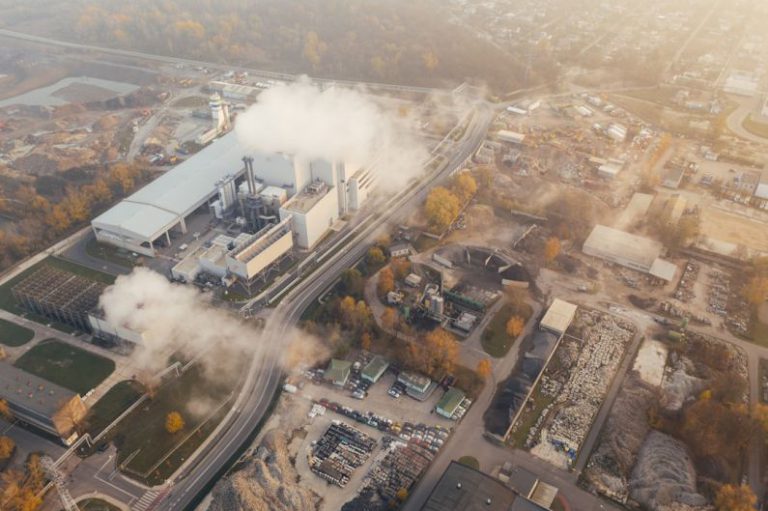What Are the Benefits of Veganism for the Environment?
In recent years, the discussion around veganism has grown significantly, with more people opting for plant-based diets for various reasons. One of the key motivations for choosing veganism is the positive impact it can have on the environment. By eliminating animal products from one’s diet, individuals can significantly reduce their carbon footprint and contribute to a more sustainable future. In this article, we will explore the benefits of veganism for the environment and why making this dietary choice can be a powerful way to combat climate change and promote ecological preservation.
Reduced Greenhouse Gas Emissions
Animal agriculture is a major contributor to greenhouse gas emissions, with livestock farming accounting for a significant portion of global emissions. By choosing a vegan diet, individuals can help reduce the demand for animal products, which in turn can lead to a decrease in greenhouse gas emissions. The production of meat and dairy products requires large amounts of resources, including water and land, and contributes to deforestation and habitat destruction. By opting for plant-based alternatives, individuals can help lessen the environmental impact of food production and play a part in mitigating climate change.
Conservation of Water Resources
Livestock farming is a water-intensive industry, with large amounts of water required to raise animals for meat and dairy production. By transitioning to a vegan diet, individuals can help conserve water resources and reduce the strain on freshwater supplies. Producing plant-based foods generally requires less water than raising animals for food, making veganism a more sustainable choice in terms of water usage. By reducing the demand for animal products, individuals can help alleviate water scarcity issues and promote more efficient use of this vital resource.
Protection of Biodiversity
Animal agriculture is a leading cause of biodiversity loss, as large swathes of land are cleared to make way for livestock farming and the cultivation of feed crops. This habitat destruction threatens the survival of numerous plant and animal species, leading to a decline in biodiversity. By adopting a vegan diet, individuals can help protect natural habitats and preserve biodiversity by reducing the demand for animal products. Plant-based agriculture generally has a lower impact on biodiversity, making veganism a more environmentally friendly choice for those concerned about the conservation of ecosystems and wildlife.
Mitigation of Pollution
Livestock farming is a major source of pollution, with animal waste and chemical runoff contaminating water sources and contributing to air pollution. By choosing a vegan diet, individuals can help mitigate the environmental impact of pollution associated with animal agriculture. Plant-based foods generally have a lower environmental footprint in terms of pollution, making veganism a cleaner and more sustainable dietary choice. By reducing the demand for animal products, individuals can contribute to cleaner waterways, air, and soil, thereby promoting a healthier environment for all living beings.
Support for Sustainable Agriculture
Veganism promotes sustainable agriculture practices that prioritize environmental conservation and ethical food production. By choosing plant-based foods, individuals can support farming methods that are less resource-intensive and more ecologically friendly. Sustainable agriculture practices such as organic farming, crop rotation, and agroforestry can help reduce the environmental impact of food production and promote soil health and biodiversity. Veganism aligns with the principles of sustainable agriculture, making it a powerful tool for promoting a more sustainable and resilient food system that benefits both people and the planet.
In conclusion, the benefits of veganism for the environment are numerous and far-reaching. By choosing a plant-based diet, individuals can help reduce greenhouse gas emissions, conserve water resources, protect biodiversity, mitigate pollution, and support sustainable agriculture practices. Veganism offers a powerful way for individuals to make a positive impact on the environment and contribute to a more sustainable future for all living beings on Earth. Making the switch to a vegan diet is not only beneficial for personal health but also plays a crucial role in addressing the pressing environmental challenges we face today.






